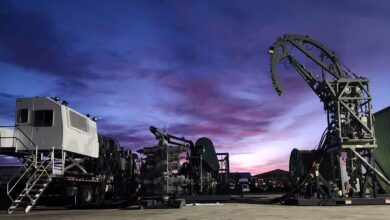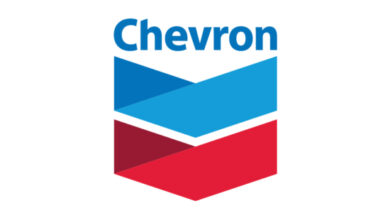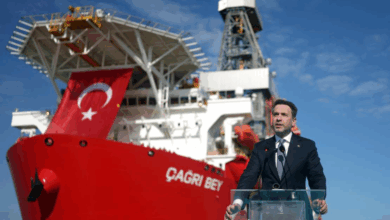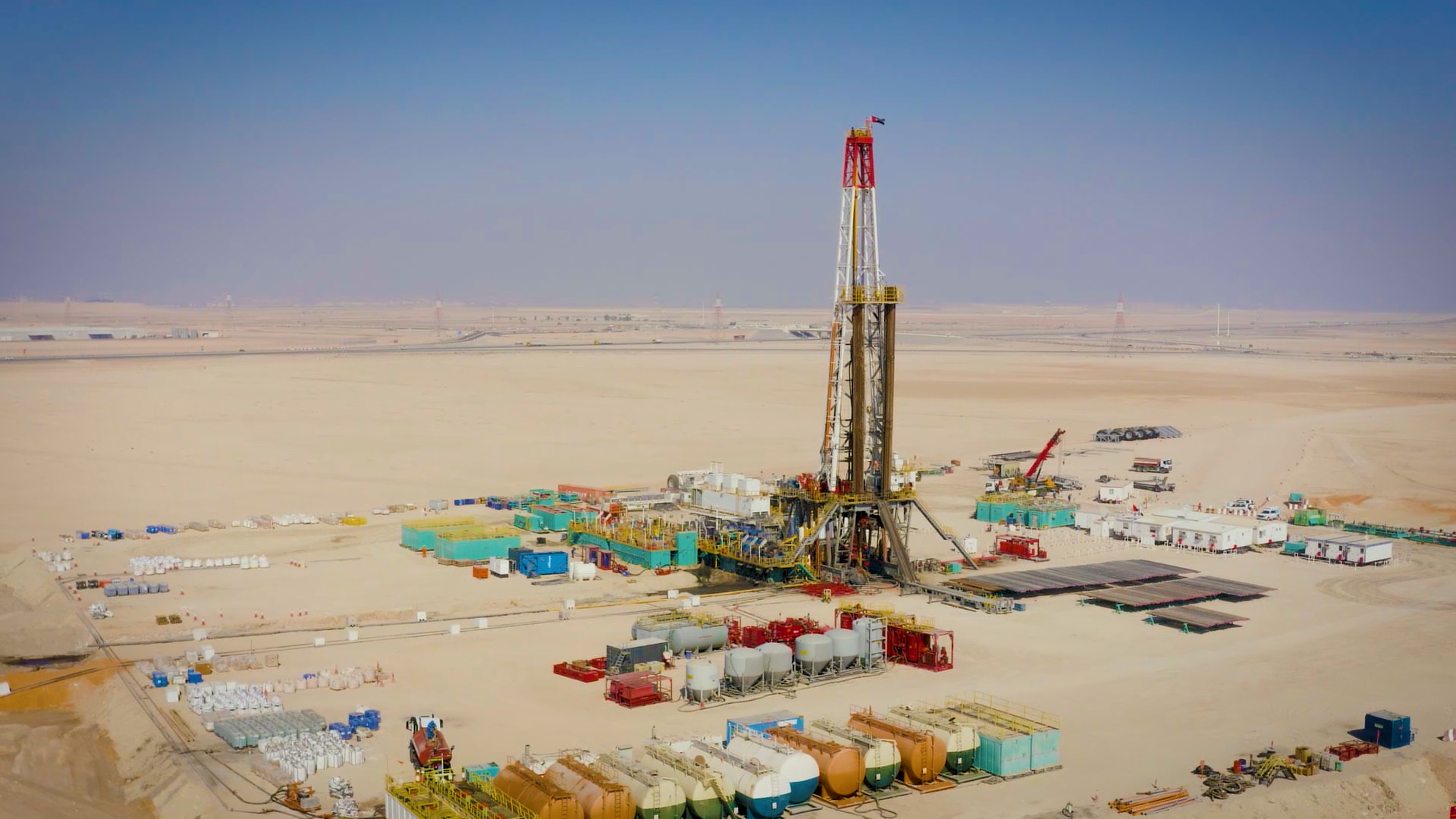Brazil is mindful of E&P challenges, will continue to lower ‘above-ground’ risks, ANP Director General says
Proposal to include pre-salt blocks under open acreage program and adjusting fiscal terms among steps being taken to enhance competitiveness of Brazil’s assets

By Stephen Whitfield, Associate Editor
Recognizing that oil companies – facing unstable prices and stringent environmental regulations – have become much more selective about where they place investments, Brazil’s National Agency of Petroleum, Natural Gas and Biofuels (ANP) is undertaking multiple efforts to increase the attractiveness of the country’s hydrocarbon assets.
“We are aware that oil companies are focusing on opportunities that can resist lower oil prices in the long term and have a lower carbon footprint,” ANP Director General Rodolfo Saboia told DC in an exclusive interview. “We have done a lot over the last years to remain competitive on a global scale: reducing regulatory burden, softening local content rules and reducing royalties on incremental production, for example. But we must continue to do our homework on reducing what we call the above-ground risk, making sure our regulations are up to date and our fiscal terms are always attractive to these investors.”
ANP expects to see around $50 billion invested in Brazil’s E&P industry over the next four years, Mr Saboia said. At the same time, it expects the country’s oil production to rise from 2.9 million bbl/day in 2021 to 3.6 million bbl/day in 2025, and gas production to jump from 130 million cu m/day to 173 million cu m/day.
Achieving this potential is not a given, however. Mr Saboia, who moved into his current role at ANP in December 2020, said that everyday he’s focused on finding ways to help Brazil attract more investments. “Currently we are deciding over measures, for example, to reduce royalties for medium and small companies that operate in Brazil. We’re also assessing whether we can make offshore technical data available for free, like we have for onshore sedimentary basin data.”
Even for its pre-salt reservoirs, which is widely considered to be among the most lucrative in the world due to their volumes, Brazil is recognizing that it must do more to lure in investors.
“It’s a very attractive asset that we have in the pre-salt,” Mr Saboia said. “Producing costs have been lowered by a great deal as we learned how to deal with the technical challenges of going so deep. However, we do know that not every area in the pre-salt is equally attractive. It’s not the same thing all over the pre-salt polygon, so we are working with the government to discuss what can be done to increase the competitiveness of the riskier areas in the pre-salt. We acknowledge that it’s not the same very low risk that we expected initially, and we’re working on ideas to make it more attractive.”
Brazil held its 17th bidding round on 7 October. It had originally been scheduled for 2020 but was delayed due to the COVID-19 pandemic. A total of 92 blocks located in four sedimentary basins were offered: Campos, Pelotas, Potiguar and Santos. While the blocks are not located in the pre-salt polygon, they have “the potential to produce from pre-salt structures,” Mr Saboia said.
Five blocks received bids during the bid round, with Shell winning four blocks in the Santos Basin for a combined $5.53 million. Shell also won a fifth block in the Santos Basin in a 70/30 joint bid with Ecopetrol for approximately $1.2 million.
On 17 December, there will be a second “transfer of rights surplus” auction for the Sépia and Atapu deepwater blocks in the Santos pre-salt basin. The blocks did not receive offers in the first such auction – for the surplus volumes beyond the 5 billion BOE production cap Petrobras agreed to in 2010 – that was held in November 2019.
To increase the appeal of the tender this time, the Sépia sale now has a signing bonus of $1.25 billion, down from $5.6 billion in 2019, and the government’s oil profit share rate was lowered from 27.88% to 15.02%, according to the country’s National Council for Energy Policy (CNPE). The Atapu blocks will be offered through a signing bonus of $700 million and a share rate of 5.89%, down from the $3.4 billion and 26.3% proposed in 2019.
To provide more certainty to operators, Petrobras also signed a deal on 9 April with Pré-Sal Petróleo, Brazil’s federal oil contract manager, defining the levels of compensation to be paid by a bid winner to Petrobras. It also confirmed the stakes to be held by Petrobras (39.5% in Atapu and 31.3% in Sépia) and by the bid winner (60.5% for Atapu and 68.7% for Sépia). In the first transfer of rights bid round, winning bidders had to enter a joint operating agreement with Petrobras before negotiating terms of compensation.
This definition of terms between Petrobras and the bid winners should add predictability to the bidding process, increasing the attractiveness of the available blocks, Mr Saboia said.
“The compensation for Petrobras is already known, and the fiscal terms have been fairly adjusted for much more competitive conditions for companies that might be interested. We’re very optimistic that we’ll have many companies interested, and we’ve had good feedback so far.”
Open Acreage
Brazil is also hoping to hold its third bid round under the Open Acreage program sometime this year. Under the program, which was launched in 2017, a bid round is triggered by an oil company declaring interest in a particular sector.
After the ANP publishes that declaration of interest, competing companies have 30 days to evaluate the sector, prepare bids of their own for blocks within that sector, and formally register interest in bidding. Companies then have an additional 30 days to submit bids. After another 30 days, ANP holds a public hearing to review the bids, after which the blocks are awarded.
Contracts signed under Open Acreage are concession agreements, where the winning company holds exploration rights to a block and is only required to pay a royalty to the government. A production-sharing agreement adopts a split profit system, where the government and the winning company agree to a share of the profits generated from a block.
The advantage of taking the Open Acreage approach is that it helps ANP put “the right assets in the right hands,” Mr Saboia said. Brazil recognizes there are small pockets of hydrocarbons above and below the salt layer, waiting to be developed.
While these pockets contain hundreds of millions of barrels of recoverable oil cumulatively, they are often not large enough to be economically viable for development under the production-sharing regime as high signing bonuses can make potential projects cost prohibitive. Minimum signing bonuses for Round 16 blocks were set at $820 million, while the total signing bonus from the last Open Acreage auction, held in December 2020, was $10.3 million. The 2020 Open Acreage auction saw 17 exploratory blocks purchased in six basins: Campos, Paraná, Amazonas, Espírito Santo, Potiguar and Tucano.
Mr Saboia said 1,068 onshore and offshore blocks are currently on permanent offer under the program.
Going forward, Open Acreage could become the norm for Brazil and could even include pre-salt blocks, which are currently excluded from the program. A proposed change to the program, which would allow ANP to include pre-salt blocks that were not sold in previous production-sharing rounds or were returned to the ANP, is expected to be submitted to the CNPE by year-end.
Mr Saboia said he expects Open Acreage to become the preferred model for bidding moving forward.
“We want to create opportunity for every kind of company, from the supermajors to the small independents,” he said. “I don’t expect a proper calendar of bidding rounds moving forward. Everything will be permanently on offer. Companies will tell us when they want the bidding rounds to take place, instead of the other way around.”
Environmental permitting
To improve the competitiveness of Brazil’s E&P, ANP is also looking at the country’s environmental permitting process. Mr Saboia noted the critical importance of environmental protection in Brazil, adding that ANP already limits exploration in environmentally sensitive areas by excluding them from bid rounds as much as possible. On the other hand, it also recognizes that the uncertainty associated with environmental licensing can make some E&P companies reluctant to move forward on investment decisions.
“Environmental licensing is certainly an issue in the new frontier basins,” Mr Saboia said. “It always attracts a lot of discussions on what are the known and unknown risks. This is because some of these new frontiers are close to especially environmentally sensitive areas, and there’s a lack of information compared to other areas already in production. We have to keep in mind that we have to deal very carefully with the environment.”
One step ANP has taken is working with IBAMA, the administrative arm of Brazil’s Ministry of the Environment, to make environmental data more easily accessible. In 2019, ANP and IBAMA launched the Environmental Database to consolidate information from research carried out within the scope of a given sector’s environmental licensing processes. This database serves as a technical reference for industry and government agencies.
Mr Saboia also said ANP is looking at other ways to improve the environmental permitting process, noting the work of the BidSIM program launched in 2020. Under that program, a joint executive committee made up of members of the Ministry of Mines and Energy, the Executive Office of the Presidency, the Ministry of Economy and ANP held public hearings and consulted with specialists to discuss improvements in the governance and methodology of the country’s bid rounds. DC




